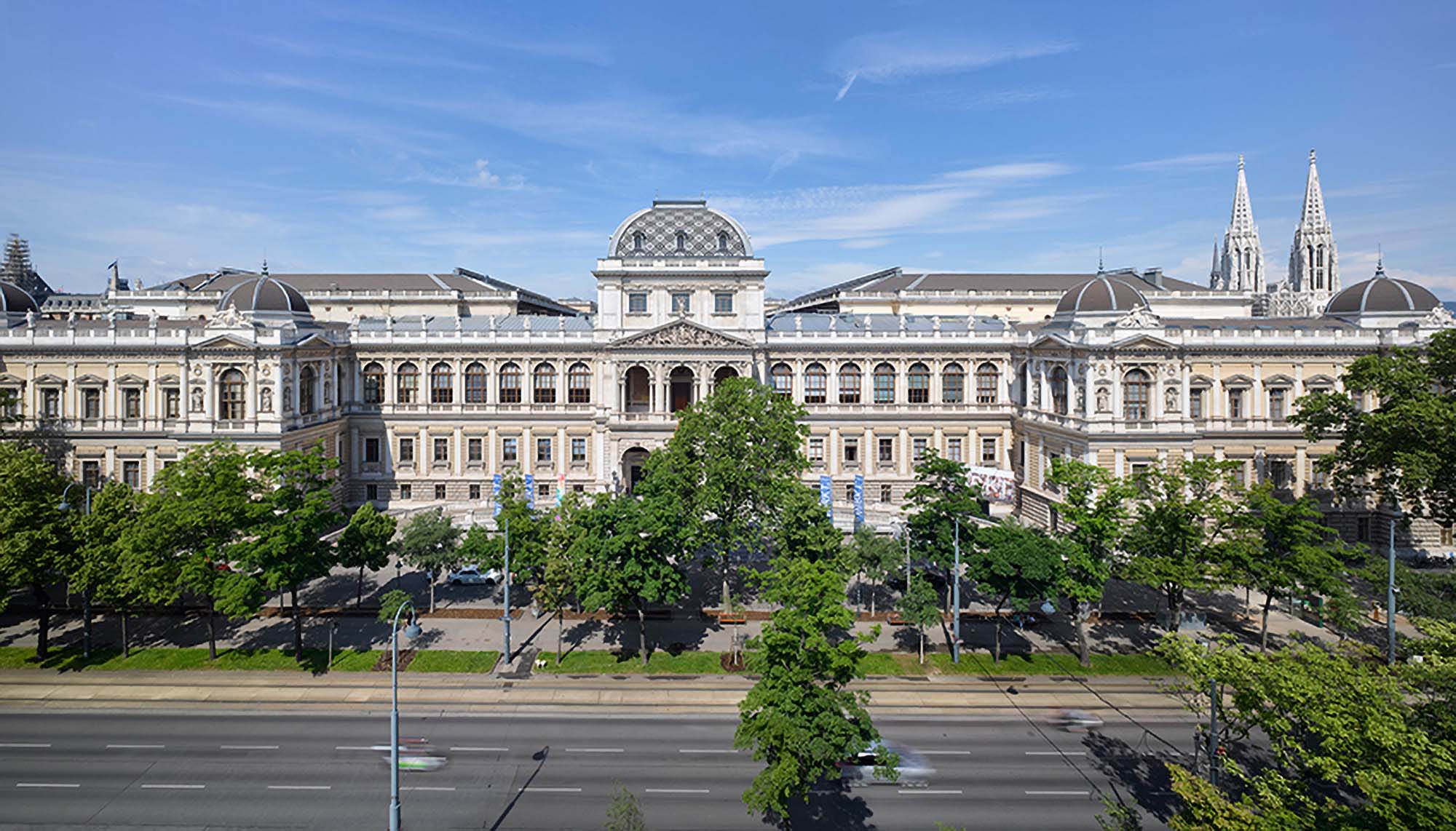Grandparents all over the UK became more and more depressed after limiting contact with their grandchildren because of the COVID-19 pandemic, a new study says.
Their overall quality of life had been greatly lowered as a result of the loss of contact, according to the study published in the Journal of Gerontology: Social Sciences.
A team of authors from University College London, the University of Vienna, in Austria, and the Italian University of Florence came together to analyse the answers of 2,468 grandparents aged over 50 in a poll conducted by the English Longitudinal Study of Aging (ELSA) which compared data from the prepandemic period with data collected in 2020.
The examined data showed that over 50 per cent of the participants were very involved in caring for their grandchildren.
That number had greatly decreased after the UK government advised older people to stay at home and limit physical contact to reduce the risk of contracting COVID-19 – which meant staying away from the grandchildren.
Because of this, more than 20 per cent of grandparents started spending less time with their grandkids, and 10 per cent gave up caring for their grandchildren altogether in the first nine months of the pandemic.
In the final months of the year 2020, more than a third (34.3 per cent) of all grandparents who did not look after their grandchildren at all during the first nine months of the pandemic stated that they suffered from depressive symptoms.
They began feeling sad and started suffering from various sleeping disorders.
Meanwhile, the 26 per cent that kept taking care of their grandkids during the pandemic did not report any major changes in their emotional state.
The research team reportedly also took other factors into consideration when comparing the data.
Lead author Giorgio Di Gessa from the University College London interprets said: “Taking care of one’s grandchildren gives many grandparents a sense of emotional satisfaction, usefulness and competence, which has a positive effect on life satisfaction.
“Being involved in such family activities, so can provide a sense of worth and belonging, which promotes intergenerational relationships and positive emotional connection, which can also be beneficial for mental health.”
The results led researchers to the conclusion that as grandparents reduced their part in caring for the younger ones, they suddenly found themselves losing their role in the family and in society.

(Universitat Wien, Gebhard Sengmuller/Newsflash)
This lead to them experiencing feelings of depression as the pandemic went on, as the study suggests.
Co-author Bruno Arpino from the University of Florence added: “We know from previous studies that the pandemic and measures aimed at limiting physical, interpersonal contacts mean an increased risk for mental health and well-being.
Arpino spoke about what crucial role grandparents play in family life, but are often overlooked by scientists as a group.
Co-author Valeria Bordone of the University of Vienna concluded: “If physical distancing rules remain or remain a key strategy to protect risk groups from COVID-19 variants or other diseases, we should consider the mental health and comprehensive needs of older people.
“Pay special attention to (older) people, because they are the ones who potentially suffer greatly from the loss of their vital role in family and society.”
To find out more about the author, editor or agency that supplied this story – please click below.
Story By: Simona Kitanovska, Sub-Editor: Marija Stojkoska, Agency: Newsflash
The Ananova page is created by and dedicated to professional, independent freelance journalists. It is a place for us to showcase our work. When our news is sold to our media partners, we will include the link here.




